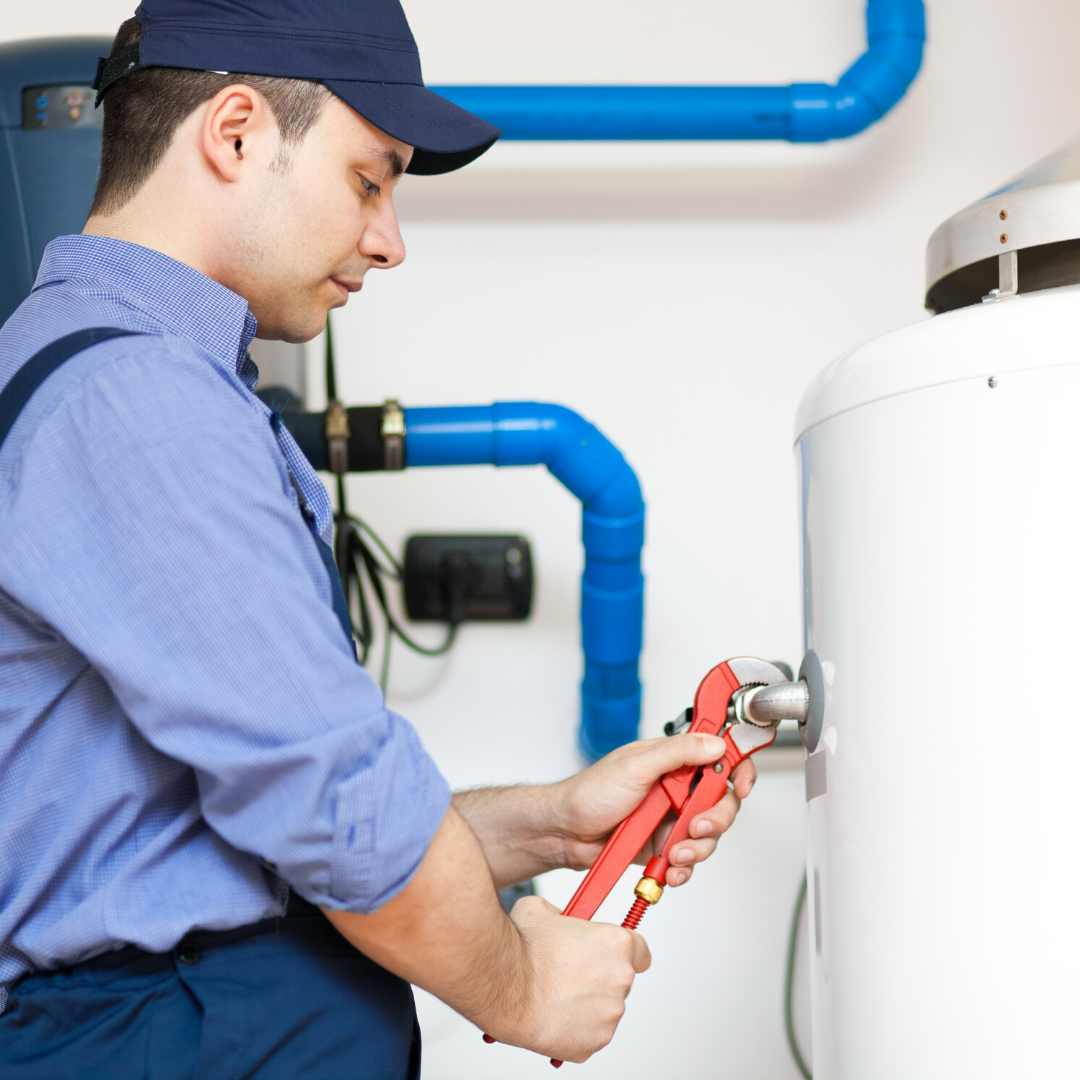Responding to the Standard Water Heater Crisis Scenarios
Responding to the Standard Water Heater Crisis Scenarios
Blog Article
This great article in the next paragraphs in relation to Common Hot Water Heater Problems is indeed enlightening. Try it and make your own final thoughts.

A hot water heater is among one of the most crucial fundamental appliances that can be located in a house. With hot water heater, you do not require to undergo the tension of heating water manually every single time there is a requirement to wash, do the laundry, or the meals. There is constantly an opportunity that your water heating unit would certainly act up as with the majority of mechanical gadgets.
It is important to note any little malfunction and also tackle it quickly prior to points get out of hand. A lot of times, your hot water heater starts to malfunction when there is an accumulation of debris as a result of continuous use. As a safety measure, routine flushing of your hot water heater is suggested to stop debris accumulation as well as stop practical failure.
Usual water heater emergency situations as well as just how to deal with them
Insufficient warm water
It might be that the water heating unit can not sustain the warm water demand for your house. You might update your water heating system to one with a larger ability.
Fluctuating water temperature level.
Your water heater could begin creating water of various temperatures usually ice cool or hot hot. There might be a need to replace either the home heating or the thermostat unit of your water heater.
Dripping hot water heater tank.
In this circumstance, you should turn off your water heater, allow it to cool down, as well as thoroughly look for the resource of the issue. At times, all you require to do is to tighten up a couple of screws or pipe links in instances of small leaks. If this doesn't function as well as the leakage continues, you might need to employ the solutions of a technician for an ideal replacement.
Tarnished or smelly water
When this takes place, you require to recognize if the issue is from the water or the tank source. If there is no amusing scent when you run chilly water, then you are certain that it is your water heating system that is damaged. The odiferous water can be triggered by rust or the accumulation of bacteria or sediments in the water heating unit container.
Verdict
Some house owners disregard little warning and minor faults in their hot water heater system. This just brings about further damages as well as a possible complete breakdown of your home appliance. You should manage your hot water heater faults as quickly as they come up to stay clear of even more expenses as well as unnecessary emergency troubles.
With water heating systems, you do not need to go with the stress and anxiety of heating water manually every time there is a demand to take a bathroom, do the washing, or the dishes. It may be that the water heater can't support the hot water need for your house. Your water heater can start generating water of different temperatures generally ice scalding or cold hot. If there is no funny odor when you run chilly water, after that you are specific that it is your water heater that is defective. The smelly water can be caused by rust or the buildup of germs or debris in the water heating unit tank.
Common Water Heater Issues and What You Should Do
What Type of Water Heater Do You Have?
Before we begin it’s first important that you identify the type of water heater you have on your property. There are two main types of water heaters out there: conventional and high efficiency.
Both of these types of products typically use either gas or electricity to heat power. There are also solar water heaters that use a thermal collector on the roof or yard to heat the water.
While these models are not as common, they can cut heating costs in half. In this article, we will focus on conventional and high efficiency.
How Do My Electric and Gas Water Heater Work?
Though they look similar, electric and gas water heaters work very differently. It’s important to know their basic function because often problems can be specific to the heating source.
In the electric model, a thermostat on the side of the machine detects the temperature of the water in the tank. When the temperature needs to rise electricity flows to a heating element suspended in the water.
Gas models also use a thermostat device — typically with a mercury sensor at the tip and an additional sensor called a thermocouple. The thermocouple detects whether the pilot light is on and controls the flow of gas.
When the thermostat drops below the appropriate level gas is released which becomes ignited by the pilot light. The flame heats the bottom of the water tank which causes hot water to rise and cold water to drop.
This natural circulation continues until the water reaches the desired temperature. Then, the thermostat triggers the gas control valve to shut off the flow of gas.
What Are the Most Common Issues and How Do You Fix Them?
https://happyhiller.com/blog/common-water-heater-issues-and-what-you-should-do/

I found that blog post on Common Hot Water Heater Problems when doing a search on the search engines. So long as you liked our blog post kindly be sure to pass it around. I take joy in reading our article about Warning Signs You Need Water Heater Repairs.
Get instant help, call now! Report this page